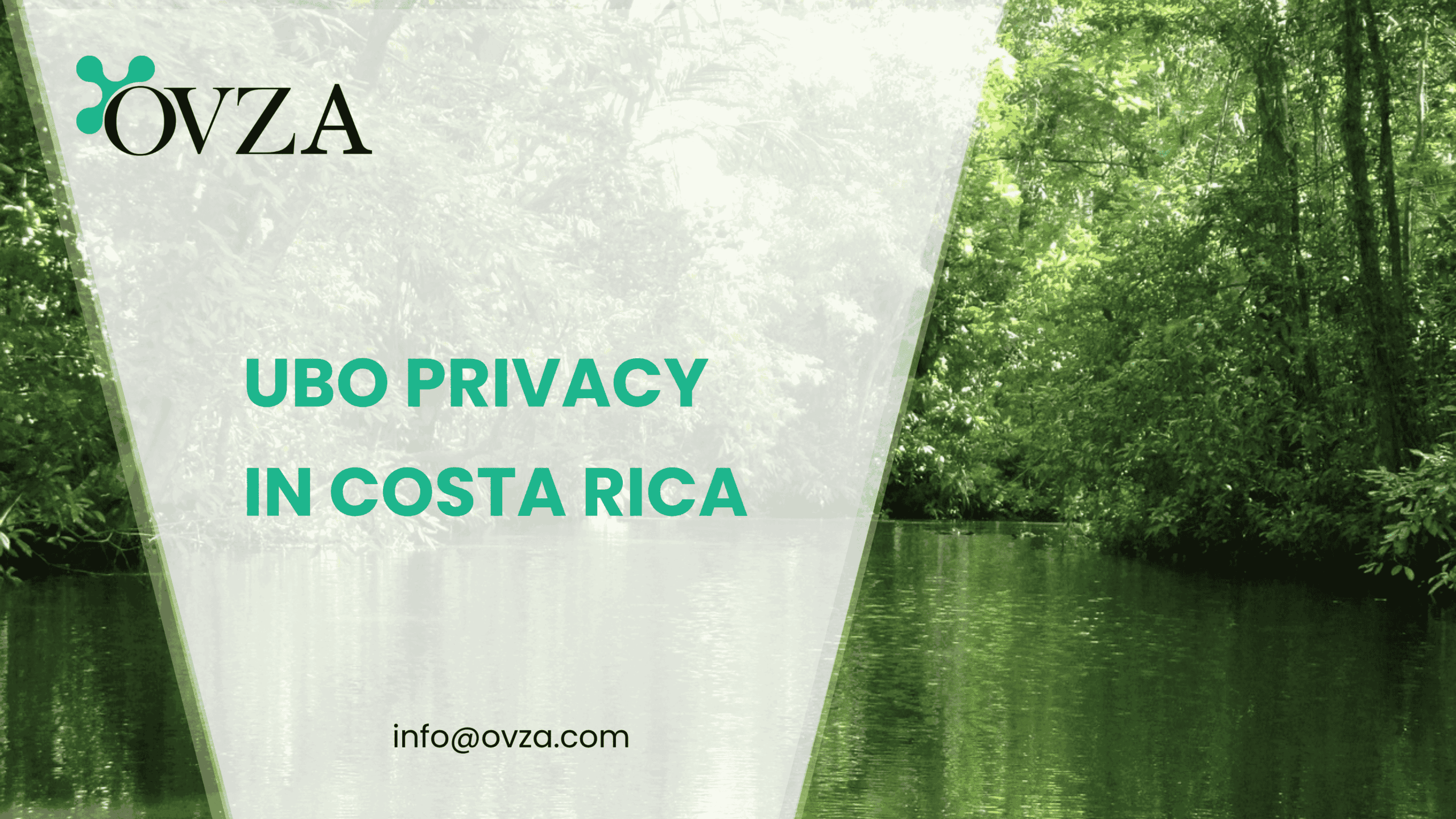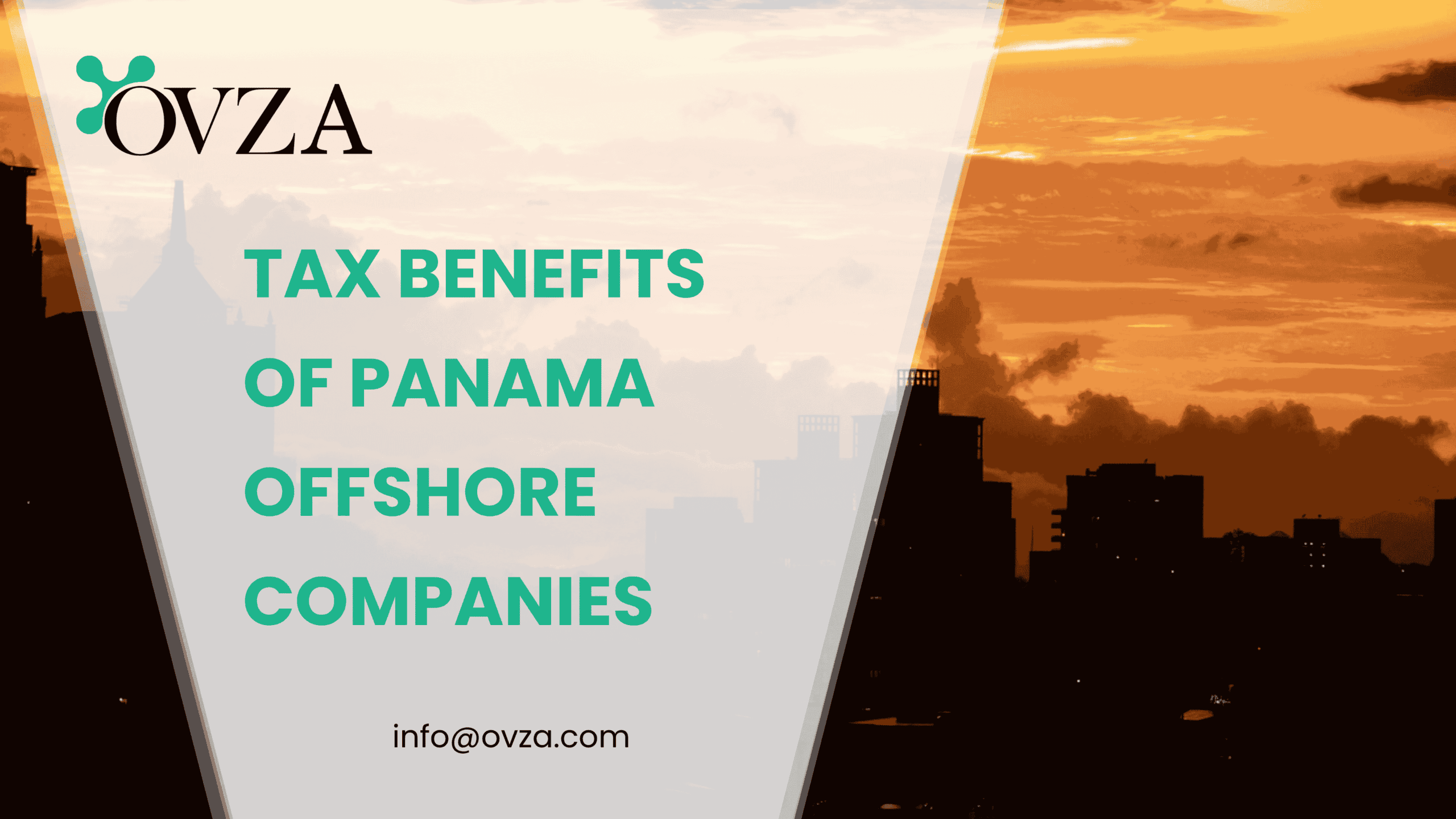Costa Rica protects UBO privacy through a confidential registry accessible only to authorities while meeting global transparency standards. Ultimate Beneficial Ownership (UBO) disclosure has become a central requirement in global corporate compliance frameworks. As jurisdictions tighten transparency standards in response to international anti-money laundering (AML) initiatives and tax information exchange protocols, the treatment of UBO privacy varies widely. Costa Rica has adopted a centralized UBO reporting system under a legal framework that balances transparency with the protection of confidential corporate data.
The Costa Rican approach is rooted in its obligations under the OECD’s Common Reporting Standard (CRS) and the U.S. Foreign Account Tax Compliance Act (FATCA), as well as its domestic anti-tax evasion strategy. Law No. 9416, which mandates the submission of UBO information to a government-controlled platform, reflects this dual objective. Unlike jurisdictions that have implemented publicly accessible registers, Costa Rica restricts access to competent authorities, preserving a level of UBO privacy that distinguishes it from many European models.
Legal Structure of UBO Disclosure and Privacy Protections in Costa Rica
Costa Rica’s UBO disclosure regime is established under Law No. 9416: Law for the Improvement of the Fight Against Tax Fraud, enacted in 2016, and its implementing regulations under Executive Decree No. 41040-H. The law obligates legal entities and legal arrangements domiciled or registered in Costa Rica, including corporations (S.A.) and limited liability companies (S.R.L.), to submit the identities of their ultimate beneficial owners to the Registro de Transparencia y Beneficiarios Finales (RTBF), a confidential database administered by the Central Bank of Costa Rica.
Under this framework, a beneficial owner is defined as any natural person who directly or indirectly holds twenty-five percent (25%) or more of the share capital or voting rights of the legal entity, or otherwise exercises control. If no individual meets this threshold, the senior managing official must be reported as the UBO. This definition aligns with international AML standards issued by the Financial Action Task Force (FATF) and parallels legislation found in jurisdictions such as Barbados and Mauritius.
A central feature of the Costa Rican model is the closed nature of the RTBF system. Unlike public registers adopted in countries such as the United Kingdom under its PSC Register, Costa Rica maintains strict confidentiality over UBO data. Only designated government bodies—including the Tax Administration, the Judicial Investigation Department, and the Financial Intelligence Unit—may access the database. Legal representatives and compliance officers of filing entities may submit and review the data, but no third-party or public access is permitted.
The design of the RTBF platform incorporates encryption and digital authentication using Costa Rica’s official digital signature (Firma Digital), further limiting unauthorized access. The system requires entities to submit UBO data annually, with updates mandated within fifteen days following any change in ownership or control. Non-compliance results in financial penalties and administrative sanctions, including the temporary suspension of the legal entity’s ability to obtain good standing certificates (personería jurídica) or enter into government contracts.
These privacy protections place Costa Rica in a distinct legal position compared to jurisdictions that have moved toward full public disclosure. For instance, the European Union, under its 5th Anti-Money Laundering Directive (AMLD5), mandates open access to beneficial ownership registers, though some states have limited that access following court rulings on privacy rights. Costa Rica’s decision to restrict access to its UBO registry is consistent with its constitutional and statutory data protection obligations under the Law for the Protection of the Person Regarding the Processing of Personal Data (Law No. 8968).
At the same time, Costa Rica has incorporated mechanisms to ensure the quality and accuracy of UBO data. Filing entities must submit declarations through designated legal representatives, and those declarations are subject to administrative audits and cross-checking with the tax administration’s databases. This dual emphasis on confidentiality and verifiability reflects the jurisdiction’s attempt to align transparency mandates with privacy protections, an approach that remains legally significant in offshore corporate planning.
Transparency, International Cooperation, and Data Sharing Protocols
Costa Rica’s UBO disclosure regime operates at the intersection of domestic confidentiality protections and international transparency obligations. While the Registry of Transparency and Final Beneficiaries (RTBF) is not publicly accessible, the system is designed to support compliance with global information exchange frameworks such as the OECD’s Common Reporting Standard (CRS) and the U.S. Foreign Account Tax Compliance Act (FATCA). These frameworks require jurisdictions to identify the controlling persons of legal entities and arrangements for purposes of tax transparency and cross-border financial reporting.
Costa Rica is a participating jurisdiction under the OECD’s automatic exchange of information mechanism and has committed to annually exchanging financial account information with more than 100 countries. Financial institutions in Costa Rica are required to perform due diligence on account holders and report UBO-related information when the account holder is a passive non-financial entity. This reporting obligation depends directly on the UBO data that must be maintained by legal entities in accordance with Law No. 9416 and submitted through the RTBF platform.
While the RTBF is not a public registry, the information it contains may be shared with foreign tax authorities through international cooperation agreements, including bilateral tax treaties, Tax Information Exchange Agreements (TIEAs), and multilateral instruments such as the OECD’s Multilateral Competent Authority Agreement (MCAA). The Costa Rican Tax Administration, acting as the competent authority, may access and exchange UBO data when it is relevant for tax enforcement purposes. However, any such exchange is conducted under strict confidentiality protocols and subject to international data protection safeguards.
Costa Rica’s approach contrasts with jurisdictions that offer full public access to beneficial ownership registers as a means of facilitating transparency. The British Virgin Islands, for example, operates a private register system but has committed to a public register of beneficial ownership under the framework established by the United Kingdom. Panama also maintains a private UBO registry under Law 129 of 2020, accessible only to competent authorities, similar to the Costa Rican model. Belize, on the other hand, has reformed its framework to align with the Economic Substance Act, integrating UBO tracking with new reporting obligations for certain activities.
Costa Rica’s emphasis on closed-access UBO reporting reflects both domestic privacy norms and the constitutional right to informational self-determination. The Data Protection Law (Law No. 8968) and its implementing regulations reinforce the legality of restricting public access to UBO data. This differs from the European model, where the balance between transparency and privacy has been challenged in court, including decisions by the Court of Justice of the European Union (CJEU) that have questioned the legality of unrestricted public access to UBO registers.
Moreover, Costa Rica’s data exchange protocols include procedural safeguards that ensure UBO information is used solely for legitimate compliance and enforcement purposes. This is particularly important in avoiding misuse of sensitive corporate data, especially in cases where beneficial owners reside in jurisdictions with less robust privacy protections. Requests for information must conform to the terms of international tax agreements and are subject to oversight by the Dirección General de Tributación.
In the broader context of offshore company structuring, Costa Rica offers a middle-ground model. It provides legal certainty for international clients by complying with global tax standards, while preserving a high degree of confidentiality for UBO data. This balance is increasingly valuable as other jurisdictions move toward more intrusive disclosure regimes, placing Costa Rica in a favorable position for those prioritizing both compliance and privacy.
Comparative Jurisdictional Analysis and Strategic Considerations
Costa Rica’s approach to UBO privacy can be contextualized by examining other jurisdictions with similar or contrasting regulatory frameworks. Several countries served by offshore service providers, including Panama, Seychelles, and the British Virgin Islands (BVI), have established UBO registries that are accessible only to competent authorities, aligning with international AML standards but stopping short of public disclosure.
Panama’s private UBO register, instituted under Law 129 of 2020, allows only designated authorities to access beneficial ownership data, paralleling Costa Rica’s restrictive disclosure model. Both jurisdictions emphasize balancing transparency obligations with the protection of individual privacy, adhering to FATF recommendations while safeguarding sensitive information from public exposure.
Seychelles, governed by its Financial Services Authority, maintains a confidential register of beneficial owners under its Anti-Money Laundering Act, with access restricted to law enforcement and regulatory bodies. Similarly, the BVI operates a Beneficial Ownership Secure Search system accessible to competent authorities, but the public remains excluded.
This restricted access model contrasts sharply with open registries like the United Kingdom’s People with Significant Control (PSC) register or the transparency regimes being adopted by several EU member states under AMLD5. These models prioritize public transparency as a means to combat illicit finance, but have faced criticism and legal challenges related to privacy rights and potential misuse of personal data.
Costa Rica’s privacy-centric UBO regime offers strategic advantages for clients seeking a compliant yet confidential jurisdiction for corporate structuring. The country’s commitment to international cooperation, through instruments such as the OECD Multilateral Competent Authority Agreement (MCAA), ensures that UBO information is available to foreign tax authorities when legitimately requested, reinforcing the jurisdiction’s credibility.
Moreover, Costa Rica’s integration of robust data protection laws, including Law No. 8968, aligns it with jurisdictions like Barbados and Mauritius, which balance compliance with privacy through controlled access registries and strict confidentiality protocols. The country’s constitutional framework supports these legal protections, providing a solid foundation for UBO privacy that withstands challenges to data security and personal rights.
As international regulatory scrutiny intensifies, the Costa Rican model presents an example of how jurisdictions can reconcile global transparency demands with local privacy imperatives. Entities registered in Costa Rica benefit from legal certainty regarding the confidentiality of beneficial ownership information while ensuring full cooperation with international tax enforcement agencies under established frameworks.
Conclusion
UBO privacy in Costa Rica is governed by a legal regime that balances transparency requirements with strong confidentiality protections. The country’s closed-access beneficial ownership registry complies with international AML and tax cooperation standards, allowing only competent authorities to access sensitive ownership data. This framework, supported by robust data protection laws, positions Costa Rica as a jurisdiction that respects the constitutional rights of privacy while meeting global obligations under instruments like the OECD’s CRS and FATCA. Compared to public registries elsewhere, Costa Rica’s approach offers a strategic advantage for corporate structures requiring lawful compliance alongside confidentiality. This balance will remain crucial as international pressure for transparency continues to evolve, reinforcing Costa Rica’s role as a jurisdiction capable of meeting both compliance and privacy objectives.
Disclaimer: The information provided on this website is intended for general reference and educational purposes only. While OVZA makes every effort to ensure accuracy and timeliness, the content should not be considered legal, financial, or tax advice.









